I played the medieval city builder-meets-RTS game that has 2 million wishlists on Steam and it blew my tiny mind
Preview | Ye Olde Sim City with battle tactics? Count me in
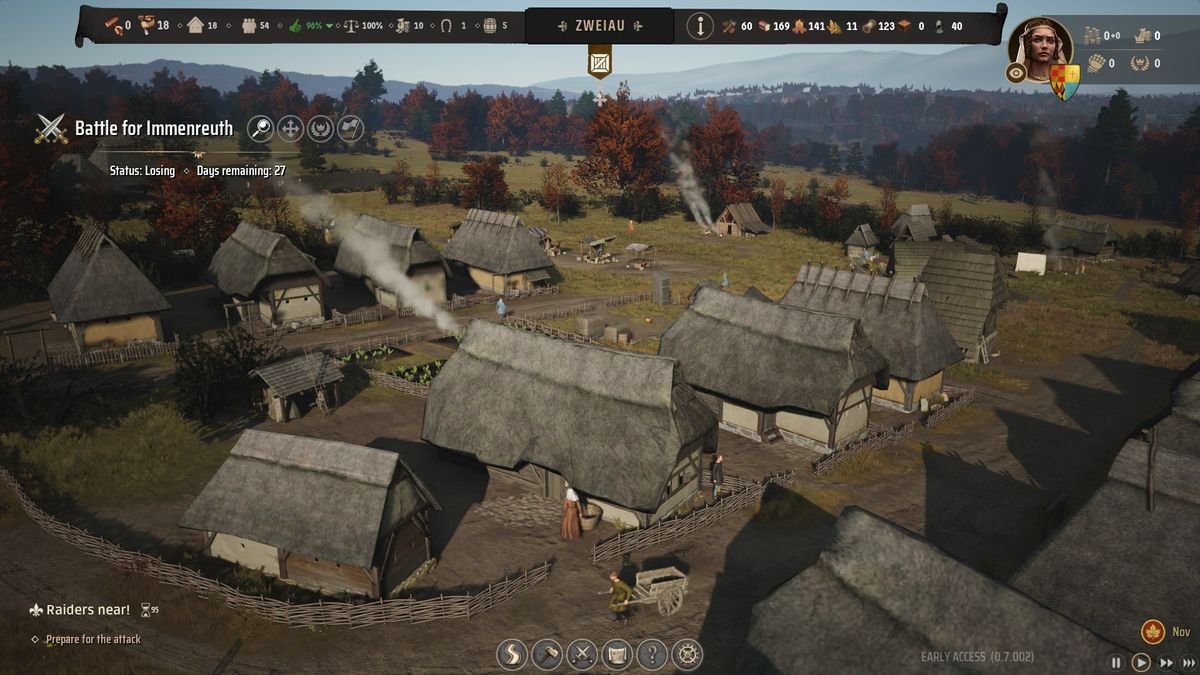
They came for us in winter. By this point in my Manor Lords journey, I'd built quite the cozy township for my 54-odd tenants, but I'd neglected to do one very important thing: tool them up properly for battle. The fact that it took the bandits more than an in-game year to reach me should have been enough time, but I'd needed about that long to build ranks and form my own militia. Thankfully, with greater strength in numbers, the people of Zweiau vanquished the enemy with relative ease and zero casualties.
Suddenly, it's a regular winter's afternoon again. With the acres of wheat fields too frozen to plow, villagers instead peddle their leathers and berry-infused dyes. Others stoop to collect the bodies of fallen enemies, ready for an unceremonious burial. I quickly check to make sure the blacksmiths are working overtime to gear up for the next fight, lest I get sucked into Manor Lords' comprehensive management systems too much to notice an encroaching foe again.
Lord of the things


There are plenty more upcoming indie games to get hyped for, as well as Manor Lords.
I've played a great many city builders and management sims, but my favorites are ones that come with refreshing twists on a beloved genre. Last year, Covenant.dev's creeping dark fantasy Gord gave me major Witcher 3 meets Sims 4 vibes, but Manor Lords is even more ambitious – even as it enters Early Access on April 26.
- Manor Lords dev confirms "castles and sieges are now in the works" for the city builder, as well as a new map that could get its own game mode in the future
- This roguelike city-builder casts you as a benevolent Lord of the Rings villain, and its Steam Next Fest demo accidentally consumed my entire evening
Combining elements of the best city building games with the strategic, tactical considerations demanded in best 4X games, Manor Lords has some of the most in-depth and immersive gameplay I've encountered when it comes to RTS city builders. Even more impressive, it's the work of solo developer Greg Styczeń at his studio Slavic Magic.
Right off the bat, I'm given the choice between three scenarios in which to kick off my would-be land baron aspirations. Each of the Manor Lords scenarios reflects the style of gameplay you can expect, designated by one of three end goals: growth, domination, or conquest. The Rise to Prosperity template is more of a sandbox mode, allowing you to lean into the city builder and management systems without worrying about rival lords, enemy invasions, or any of the real-time battle tactics. Restoring the Peace sees you strategizing to eliminate other lords and claim their territories, and finally, On the Edge puts the RTS elements into focus with even more battles to contend with as you fight to survive each one and achieve the highest settlement rank. You can also make your own custom-built setting and set many values yourself, including any off-map adversaries, raider attack frequency, and how many starting supplies you begin with.
I thought I'd ease myself into things with Restoring the Peace to get a handle on Manor Lords' city builder mechanics. My first few years as a territory leader were rough to say the least, very nearly running out of timber to build more lodgings and gather the necessary resources needed for higher-level trading structures. Once I got the hang of it, though, I found myself utterly engrossed. Unlike in any of the Two Point games, you can't see what you need to do in order to level up your settlements. A series of trial and error ensued – a church seemed to be paramount to keep villagers grounded in faith, while later on, a mounting risk of crime meant that I finally felt ready to build my own manor house. With the castle building system still in development, I was happy to make the most of what I had, placing the main building and a few watchtowers to dissuade nearby bandits from attacking.
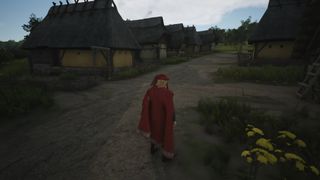
Cool as it was to see this thriving village sprout up from a handful of tents, one truly magical moment in my Manor Lords journey so far was the first time I made use of the game's Visit tool. Clicking the little eyeball icon just below my Lord's avatar transported me to the streets of Goldhof immediately, swapping out the isometric camera angle for a third-person perspective right on the well-polished heels of a visiting noble.
Sign up to the 12DOVE Newsletter
Weekly digests, tales from the communities you love, and more
Strolling through the dirt paths and observing the townspeople in action feels wonderful, even now in Early Access, as you take in the atmosphere. The details are mesmerizing from this close-up viewpoint – hunters skinning their catches, the oxen plowing the wheat fields as farmers look on shrewdly, and market stall-runners calling out to their fellow townspeople to come and buy their wares on this brilliant sunny morning. Seeing my town as one of the people in it gives an even greater sense of satisfaction considering the size and scale of the map itself; from way down here, it all seems so provincial. But all you need to do is scroll all the way out again to see the wide open terrain just waiting to be explored.
Abide and conquer

I feel I've barely scratched the surface of what is possible in this game.
By the time I swapped over to a Restoring the Peace scenario, I had all of the fundamentals down. I knew how to swap out my field crops each year to get the best yields, how a modest setup later branches out to the more nitty-gritty management systems like establishing trade routes, purchasing livestock, and refining complex materials. I felt up for the challenge of battle tactics, and Manor Lords did not disappoint.
No later had I gotten my bearings, one wrong paragraph selection while crafting a letter to a rival lord soon spelled the start of a feud. A time clock appeared, ticking down the days in the lower left-hand corner of the screen as I awaited the incoming attack that I was very unprepared for. By the skin of my teeth, I got it together come D-day. Fending off my foes ended up feeling rather simple, though it did take time to build up the manpower for my own militia. Alternatively, you can enlist mercenary groups to do the fighting for you if a thriving trade business has built up your coffers more than your headcount, but that was not the case for me.
I've only experienced one battle so far, instructing my spearhead militia to press on against a bandit raid rather than hold ground. Factoring in the troops' morale and fatigue was paramount here, as running out of either is tantamount to defeat. Of course, I zoomed right on in to admire their handiwork up close, and for a bunch of farmers, undertakers, and huntsmen, they did a fine job of putting their spears where the enemies' mouths were. Battle ceased as smoothly as it began, and settling back into my lordly seat of utter managerial power was easy – and yet, I feel I've barely scratched the surface of what is possible in this game.
And that's just it. For such a detailed city builder-slash-RTS, Manor Lords never feels bloated. It's early days yet for Slavic Magic, but much like my toilsome blacksmiths hard at work on the armory, I'm sensing another victory is close at hand for the tactical medieval city builder that everyone is talking about.
If you're more into simulations than management games, check out the best sim games to play next.

Jasmine is a staff writer at 12DOVE. Raised in Hong Kong and having graduated with an English Literature degree from Queen Mary, University of London in 2017, her passion for entertainment writing has taken her from reviewing underground concerts to blogging about the intersection between horror movies and browser games. Having made the career jump from TV broadcast operations to video games journalism during the pandemic, she cut her teeth as a freelance writer with TheGamer, Gamezo, and Tech Radar Gaming before accepting a full-time role here at GamesRadar. Whether Jasmine is researching the latest in gaming litigation for a news piece, writing how-to guides for The Sims 4, or extolling the necessity of a Resident Evil: CODE Veronica remake, you'll probably find her listening to metalcore at the same time.
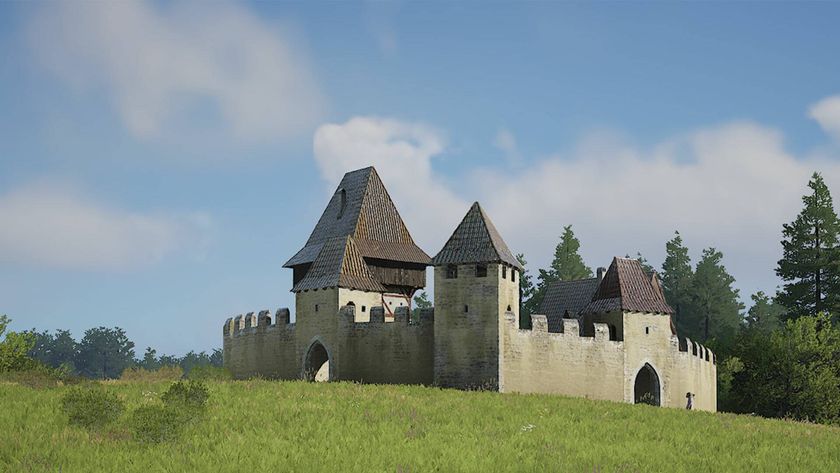

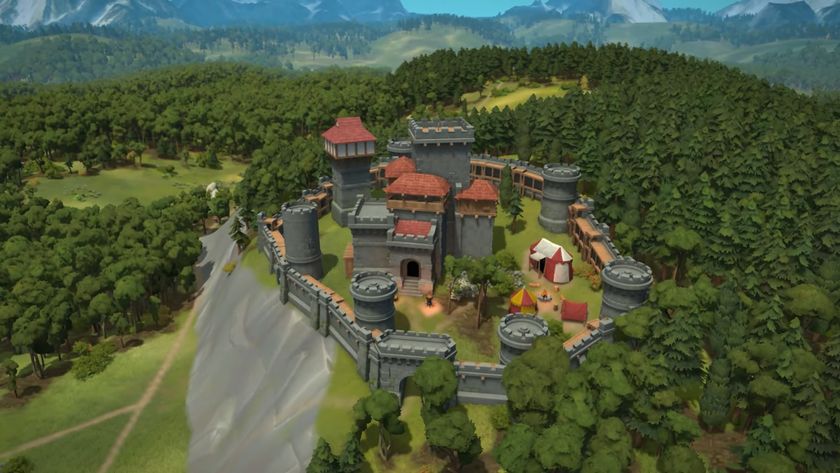


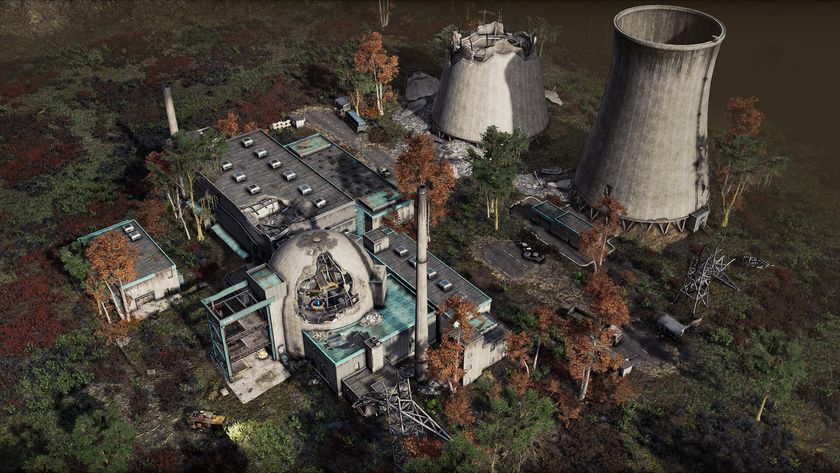

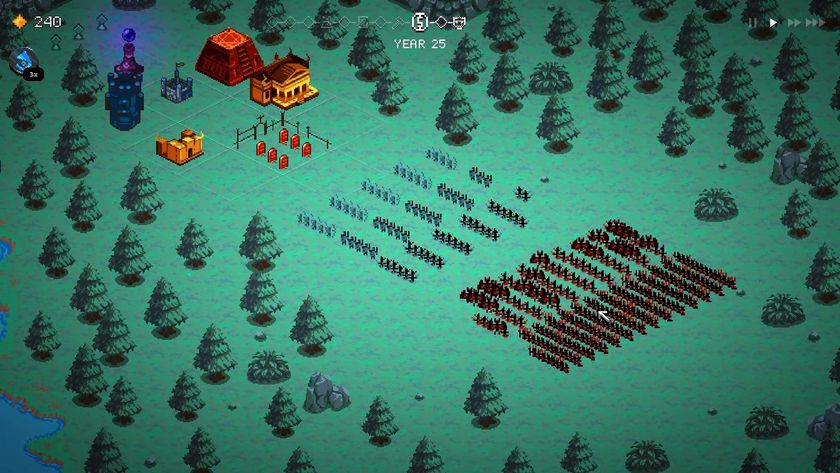
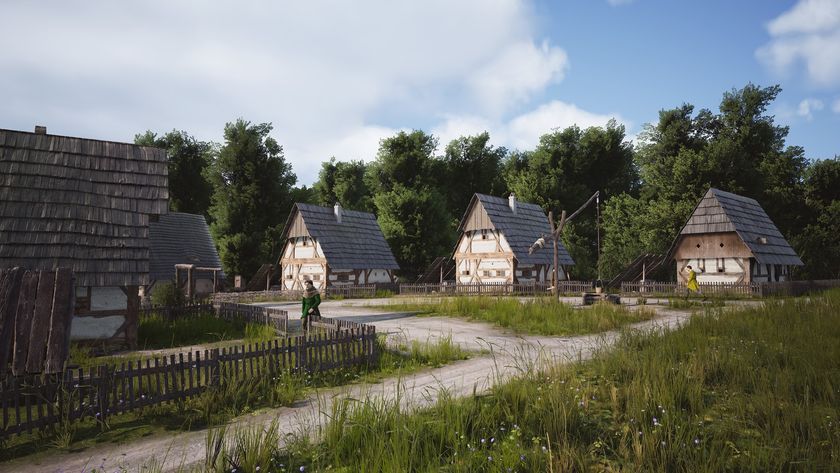
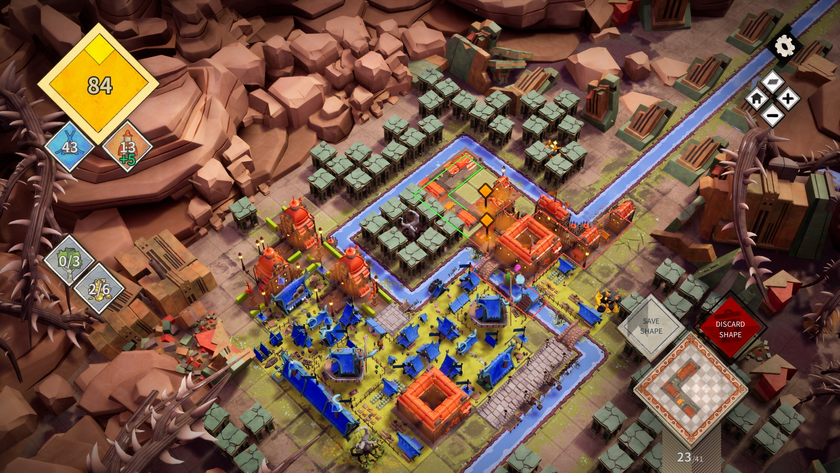









Manor Lords dev confirms "castles and sieges are now in the works" for the city builder, as well as a new map that could get its own game mode in the future

The hottest city builder in Steam Next Fest is actually a roguelike deck builder in disguise: "Break the game with thousands of insane builds"




